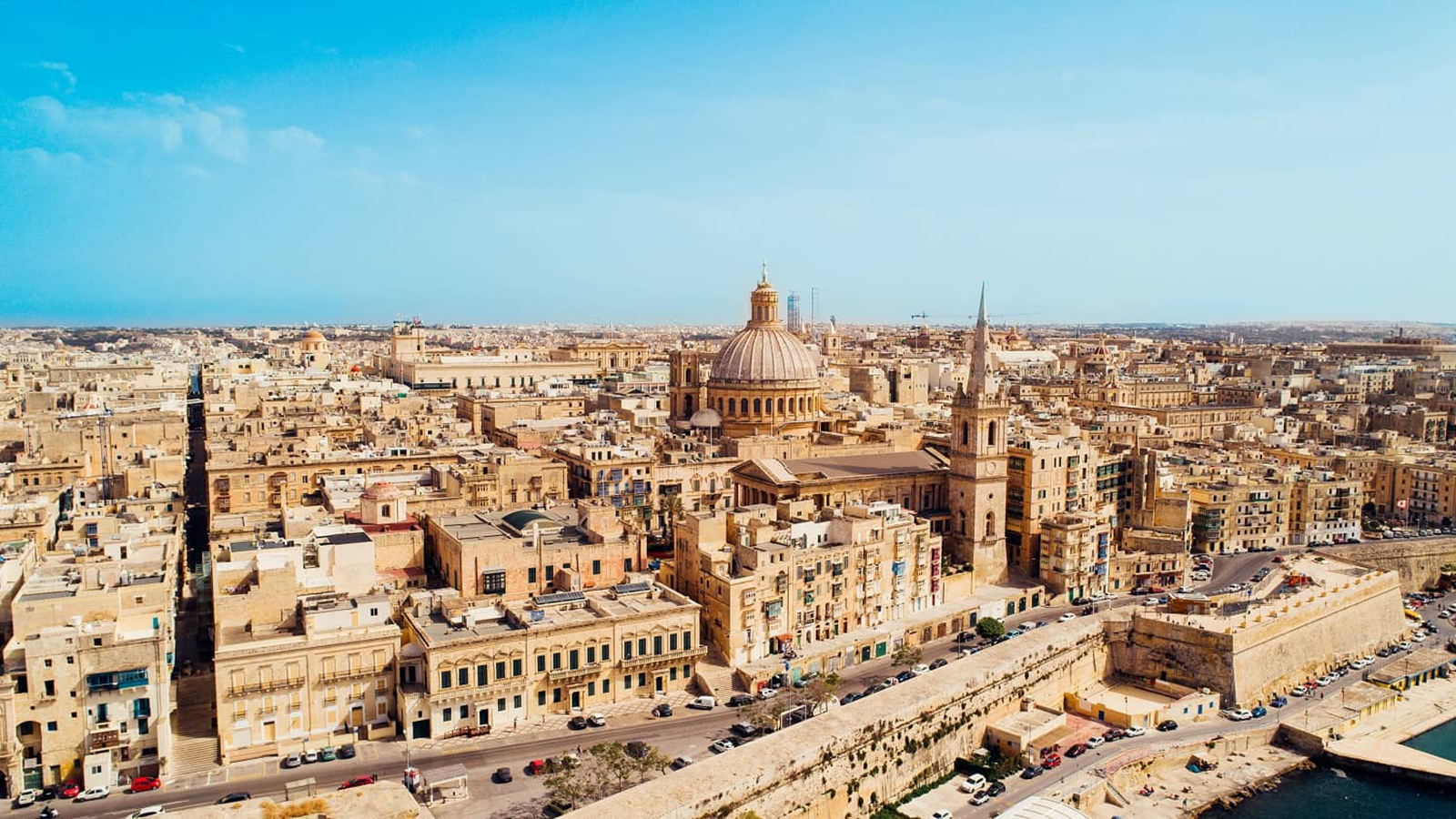Tackling Malta’s Growing Tourism Woes

Malta, a gem in the heart of the Mediterranean, has long been celebrated for its stunning landscapes, rich history, and vibrant culture. However, hidden beneath its picturesque façade lies a growing problem – the environmental impact of mass tourism. The Malta Tourism Authority, despite its efforts to promote the island as a tourist destination, often overlooks the pressing issue of mitigating the adverse effects of this influx of visitors. From litter-strewn streets to the burden on infrastructure, it’s time to shed light on the challenges Malta faces and propose solutions for a more sustainable and enjoyable future for both locals and tourists.
Littering and Irresponsible Waste Disposal
One glaring issue that has plagued Malta for years is littering. It’s an endemic problem that is deeply ingrained in the culture. The “bring-in sites,” designed for waste disposal, have been witness to an alarming amount of refuse, from animal carcasses to all sorts of rubbish. The government’s reluctance to implement beverage deposit schemes has only exacerbated the problem. This hesitation, aimed at appeasing various stakeholders, fails to address the root issue – the lack of serious investment in professional waste collection services and enforcement.
Budget allocations for street cleaning and waste collection are, to put it mildly, inadequate. Moreover, the prevailing notion that consumers and residents can dispose of waste as they please perpetuates the problem. The responsibility of proper waste management should be shared by all, and the implementation of deposit schemes could help reduce waste and promote responsible disposal.
Businesses adding to the Waste Woes
Compounding the problem is the behavior of some businesses, including bars, restaurants, and retail outlets. These establishments often avoid paying for waste management by unlawfully dumping their waste on the streets, shifting the burden onto residential waste collection services. By law, businesses should enlist private waste management service providers as part of their running costs. It’s high time for enforcement, with severe fines, to put an end to this practice.
No entity, whether a person, company, or shop, should have the freedom to dispose of mixed waste whenever and wherever they please. Every individual and business should take responsibility for their packaging waste, and further measures should be taken to reduce the consumption of non-essential items.
Tailored Solutions for Different Localities
Another pressing concern is the one-size-fits-all approach to waste collection and management in Malta and Gozo. Localities vary in size, population, and infrastructure, and what works in one place may not be effective in another. Daily enforcement should become the responsibility of local police and enforcement officers, who understand the unique needs and challenges of their respective communities. Community police could play a pivotal role in enforcing laws that directly impact residents’ quality of life.
The Tourism Boom and its Consequences
Adding to the challenges of waste management is the sheer volume of tourists visiting Malta. The impact on infrastructure and public services, including waste disposal, is enormous. Astonishingly, tourists generate twice as much waste as permanent or long-term residents in Malta. Media reports even suggest that rats have become a problem in tourist areas due to the inefficient waste collection system.
Despite the immense strain on resources, including roads, public transport, electricity, water, waste disposal, and noise pollution, the Malta Tourism Authority rarely addresses measures to mitigate the effects of mass tourism. This singular focus on increasing tourist numbers has social and environmental costs that are being shouldered by the public.
The Bed Oversupply
One inconvenient truth that remains unaddressed is the excessive number of hotel beds in Malta. The island has surpassed its capacity, with the negative consequences being borne by the local population. Reports from Deloitte indicate that to achieve an 80% occupancy rate, Malta would need nearly 5 million tourists annually. In 2022, the island saw only 2.3 million tourists. The question that often goes unanswered is how much tourism is enough, or more than enough?
In pursuit of even larger numbers, the government amended planning laws to permit hotels to add additional floors. This decision has led to an oversupply of hotels in various areas, concentrating trash and filth in tourist hotspots. The additional costs of maintaining proper public services, including waste management, should be borne by tourists, as is common in many civilized countries.
Revisiting the Bed Tax
One way to address this issue is by revisiting the bed tax or eco-contribution introduced in 2009. Originally set at Lm0.50 per night, it was later reduced to 50 euro cents a night, capped at a maximum of €5 per stay. This contribution was intended to “beautify tourist areas” but was instead absorbed by the Malta Tourism Authority. A cursory glance at other tourist destinations reveals more robust systems. In the Balearic Islands, rates range from €1-4 per day, with reductions during the low season. In Barcelona, it’s between €3.75-6.25, and in Italy, it varies from €1 per night to €6 per night. In Amsterdam, the city tax is 7% of accommodation costs, plus an additional €3 per person per night.
Redirecting the Contributions
To address Malta’s pressing issues, such as waste management, public transport, and enforcement, the contribution should be redirected toward local councils and their respective needs. Even a modest €1 per night would inject approximately €16.5 million into essential services, helping to clean up the island and ensure a better quality of life for residents.
Conclusion
Malta’s charm and appeal as a tourist destination are undeniable, but the island’s unchecked growth in tourism has brought about a slew of challenges that cannot be ignored. It’s high time for a shift in focus, with public authorities serving the interests of both the industry and the local community. Tackling the waste problem, revisiting bed taxes, and empowering local councils and enforcement agencies are all critical steps towards a more sustainable and enjoyable future for Malta.
Frequently Asked Questions
Why is littering such a prevalent issue in Malta?
Littering has become endemic in Malta due to a combination of cultural factors and a lack of strict enforcement. Many residents and tourists dispose of waste irresponsibly, and there has been insufficient investment in professional waste collection services.
How do businesses contribute to the waste problem in Malta?
Some businesses in Malta, including bars, restaurants, and retail outlets, avoid paying for proper waste management by unlawfully dumping their waste on the streets, shifting the responsibility onto residential waste collection services.
What is the impact of tourism on Malta’s waste management system?
Tourism in Malta generates a significant amount of waste, with tourists producing twice as much as permanent residents. This influx of visitors has strained the waste management infrastructure and contributed to issues like littering and inefficient waste collection.
Why has the government allowed the oversupply of hotel beds in Malta?
In an attempt to attract more tourists, the government amended planning laws to permit hotels to add additional floors. However, this has led to an oversupply of hotels in some areas, concentrating trash and filth in tourist hotspots.
How can the issue of waste management in Malta be addressed effectively?
One approach is to revisit and redirect the bed tax or eco-contribution, channeling the funds toward local councils and their specific needs, such as waste management, public transport, and enforcement. This could help alleviate the waste problem and improve the quality of life for residents.
Recommended Posts

The Rise of Digital Banking Solutions in Malta
July 24, 2024

Malta’s Artistic Heritage
July 24, 2024





